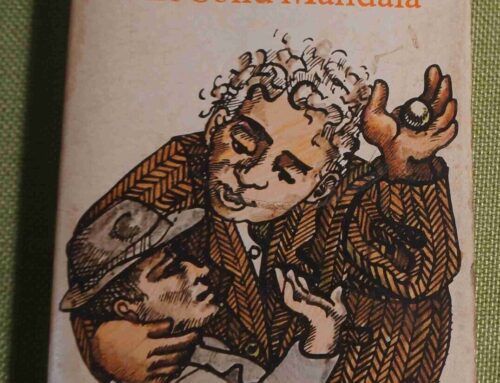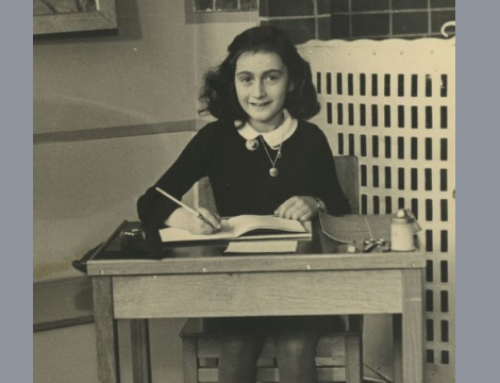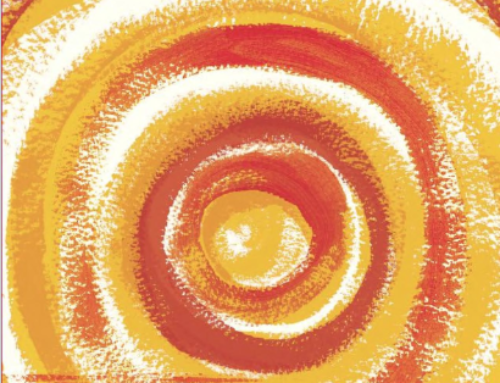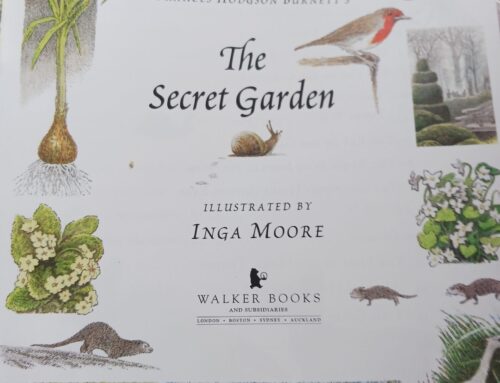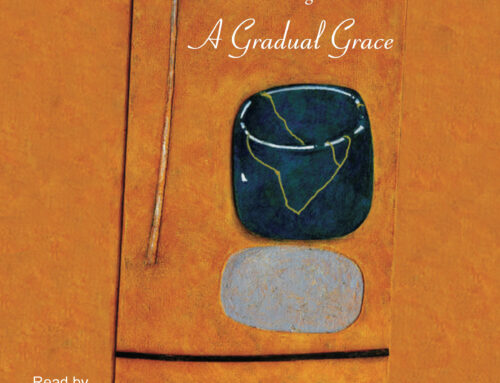 The Cow Book: A Story of Life on an Irish Family Farm by John Connell is exactly what the title says, and more. It is a memoir, a history of cows, a story about a particular community of cows, and a reflection on the relationship between cows and humans. It is philosophy, poetry, a love story, and a meditation on birth, life and death. Connell went back to the family farm at the age of twenty-nine, after the breakup of a relationship in Canada, a couple of failed businesses, and a bout of depression. His purpose in returning was both to retreat back to what he knew best, and to write a novel. Instead of a novel, he has published this wonderful hybrid story. The closest cousin to it in literature is Walden by Henry David Thoreau, who is the author’s literary and philosophical mentor.
The Cow Book: A Story of Life on an Irish Family Farm by John Connell is exactly what the title says, and more. It is a memoir, a history of cows, a story about a particular community of cows, and a reflection on the relationship between cows and humans. It is philosophy, poetry, a love story, and a meditation on birth, life and death. Connell went back to the family farm at the age of twenty-nine, after the breakup of a relationship in Canada, a couple of failed businesses, and a bout of depression. His purpose in returning was both to retreat back to what he knew best, and to write a novel. Instead of a novel, he has published this wonderful hybrid story. The closest cousin to it in literature is Walden by Henry David Thoreau, who is the author’s literary and philosophical mentor.
The season is winter, and the daily events that hold the threads of the narrative together are rhythmic, affirmative, but also hard, messy, heartbreaking, and discouraging. Cleaning the outhouses, putting down hay for feed, assisting the births of calves, often in the wee small hours, when it’s dark and bitter cold, treating a sick animal, milking the freshly calved cows to get them started, walking the land… These hold his life together and give it meaning. The rhythms are interrupted when things go wrong; a calf is stuck in the birth canal, a ewe dies in misery from listeriosis (from a moldy bale of hay), another row breaks out with his father, who yells that he doesn’t need him and that he’s a failure.
He withdraws from the farm, takes other work. His mother tries to console him:
” These are just cattle rows, John, every father and son has them.”
I nod for she is right: it is the way of farming and has been for centuries. But I am still sore and hurting.
…Do the cows notice my absence? I do not know. Do cows think of their masters? I cannot say. Perhaps they shall hold a meeting for me, like Orwell’s Animal Farm, calling out in the animal tongues for my return.
When he has given up hope, he hears that his work is to be included in a literary magazine and a publisher (Granta) has made enquiries about publishing his book. The frost with his father has not thawed, he is still not sure if he is a farmer, he is starting to be a writer and that is what he has always wanted. He is not sure if he belongs on the farm, and the sight of the animals hurts him. During a break at the seaside for the launch of his story, he remembers that this (this country, the farm) is his place, it is what he has always known.
When spring comes, he goes to Spain and starts to write again. A book about cows, about Ma and Da. The cows have become so much more to him than mere animals; “they were part of the cast in this battle of wills, in the age-old story of fathers and sons.” His culture and his birthright are here, at the farm. He can be, is, both farmer and writer.
So while this book is many things, it is a mature coming of age, an initiation into the hero’s origins and culture. Father and son talk again, celebrate the return of summer, and give thanks.
This is a beautiful, poignant, heart-warming story which is a celebration of cows and country life, and a hero’s journey.
